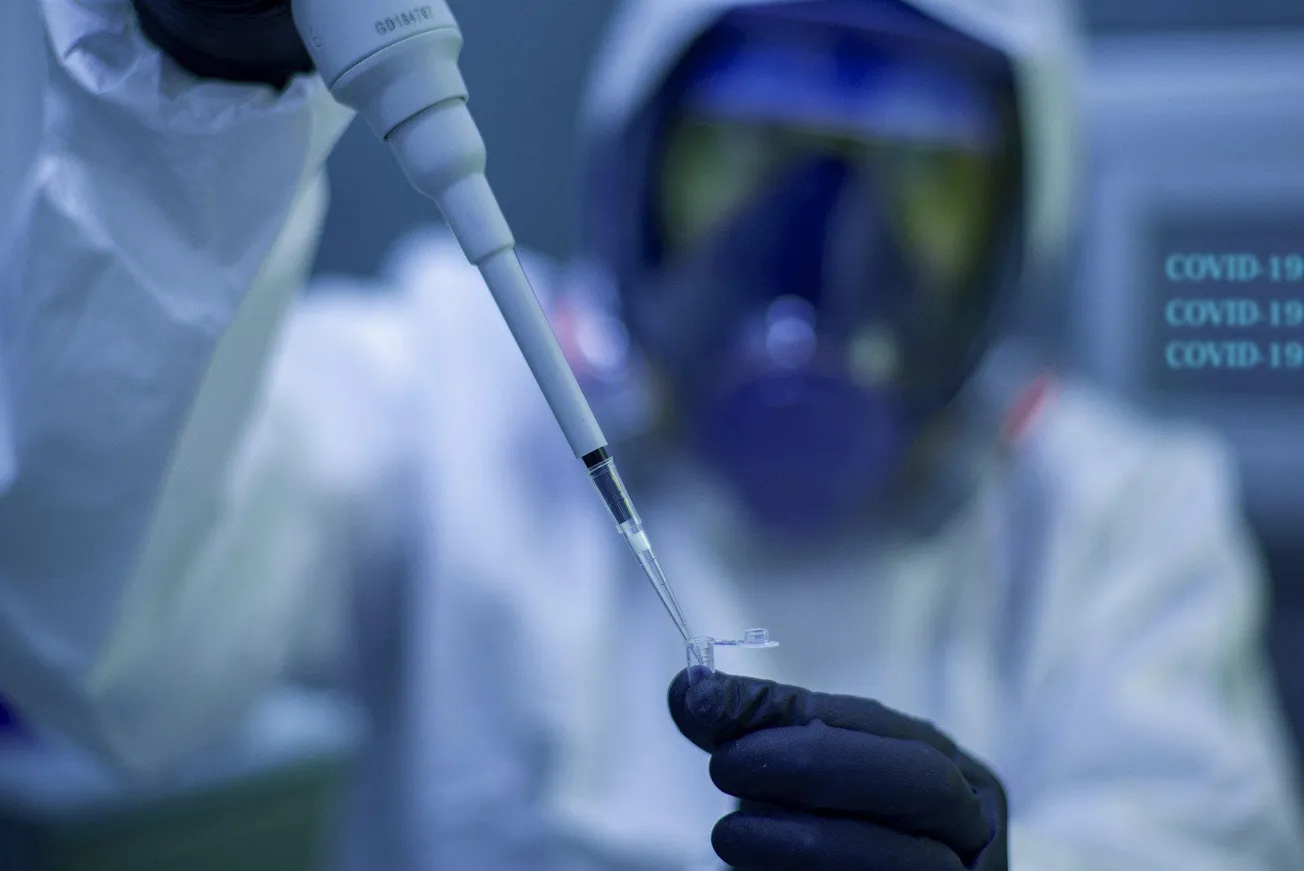During yesterday’s briefing in Geneva, World Health Organization (WHO) director general Dr. Tedros Adhanom Ghebreyesus described the Indian situation as “beyond heartbreaking” and announced that WHO is doing everything possible to address the situation, providing critical equipment and supplies, thousands of oxygen concentrators, prefab mobile field hospitals and lab supplies, in addition to redeploying 2,600 WHO staff members who are already in India working on other issues, to now focus on COVID. The Indian armed forces have also been deployed to assist in fighting the pandemic. But the daily case count continues to break records—today 320,000 new cases were reported, down only slightly from yesterday’s 350,000. According to The New York Times today, aid being sent in by many countries isn’t likely “to plug enough holes in India’s sinking healthcare system to end its deadly catastrophe.” The Times New Delhi correspondent reported that the positivity rate two days ago was an extraordinary 36%, meaning that one of every three people tested was infected and that the number of confirmed cases is therefore significantly lower than the actual number of cases.
The Director of the Center for Disease Dynamics, Economics and Policy, Dr. Ramanan Laxminarayan, told the Times, “[I]t’s a desperate situation out there,” adding that the aid coming in from abroad might “only make a dent in the problem.” The U.S., U.K., EU, Germany, Saudi Arabia, Pakistan, UAE, China, and several others are also sending aid as quickly as possible, but it seems that even additional aid can’t keep pace with the raging number of cases, and the inability of the healthcare system to handle them. The emergence of a new, highly transmissible mutant, B.1.617, known as the “double mutant,” is of great concern, but it’s still too soon to know how pernicious it is. Yesterday, at a White House briefing on India, it was announced that the CDC and USAID will be deploying public health experts to the country, as well as a “strike force” that will work with the Health Ministry and the Epidemic Intelligence Service staff. The Department of Defense is getting involved as well.




